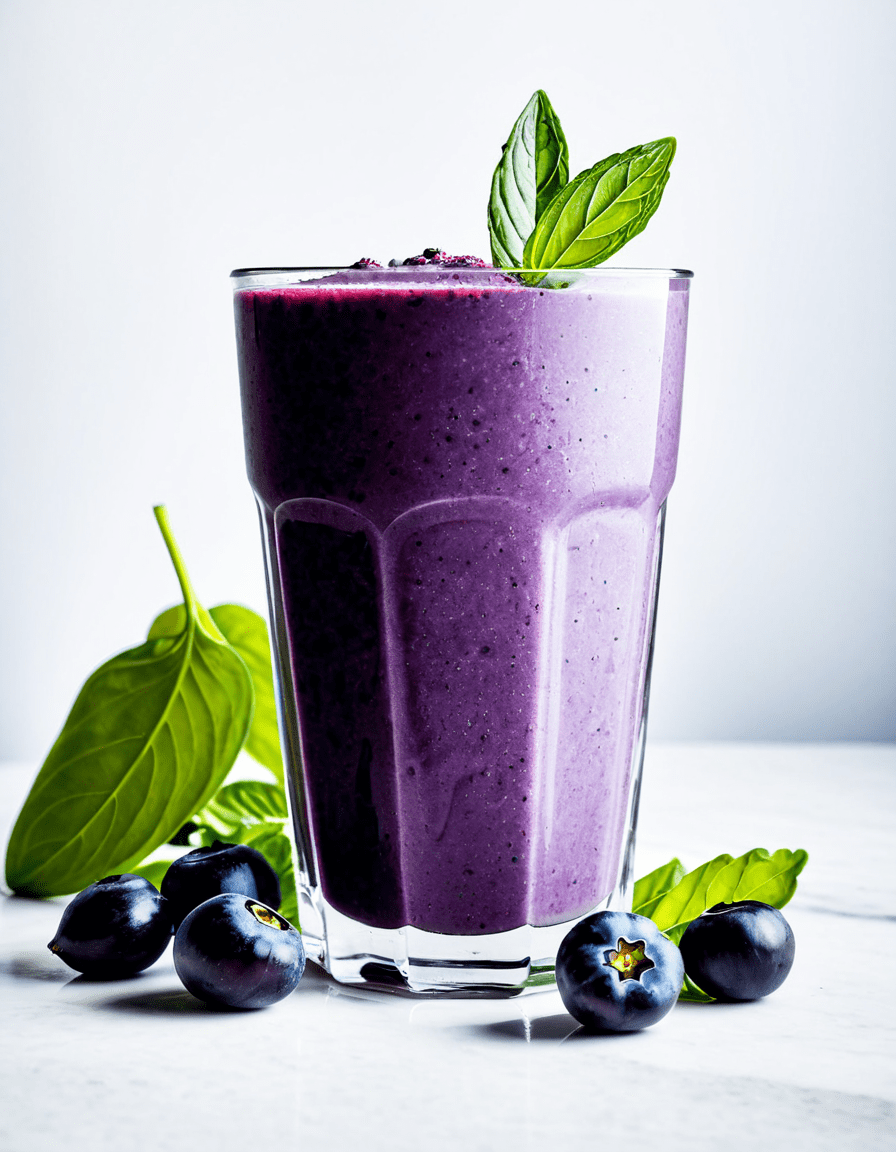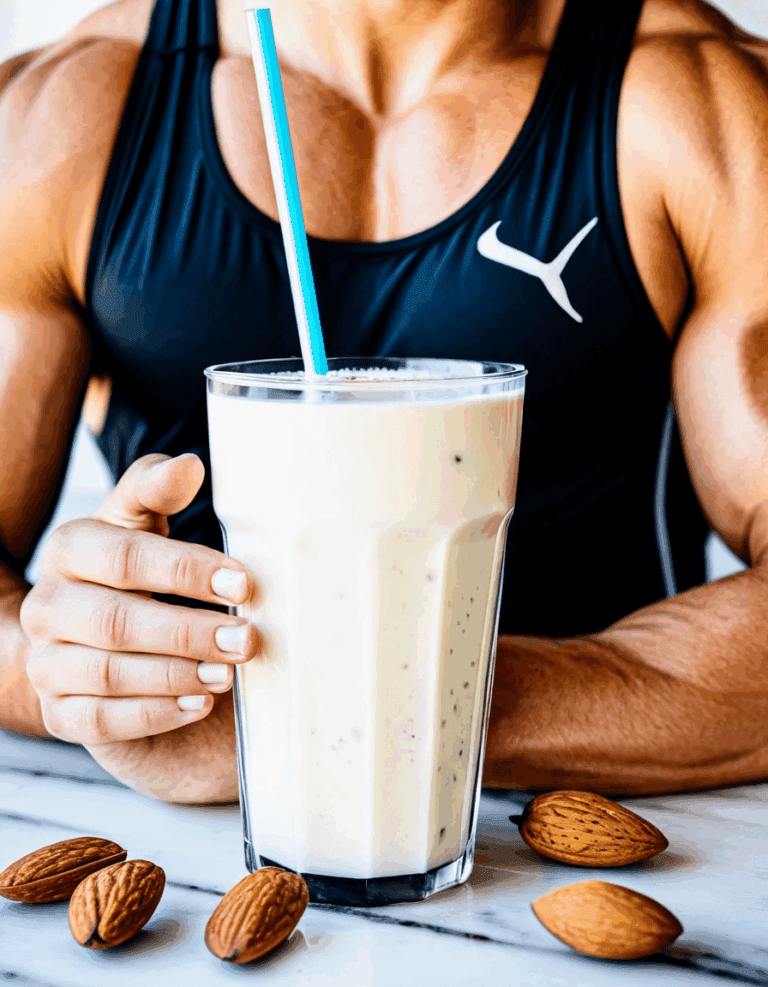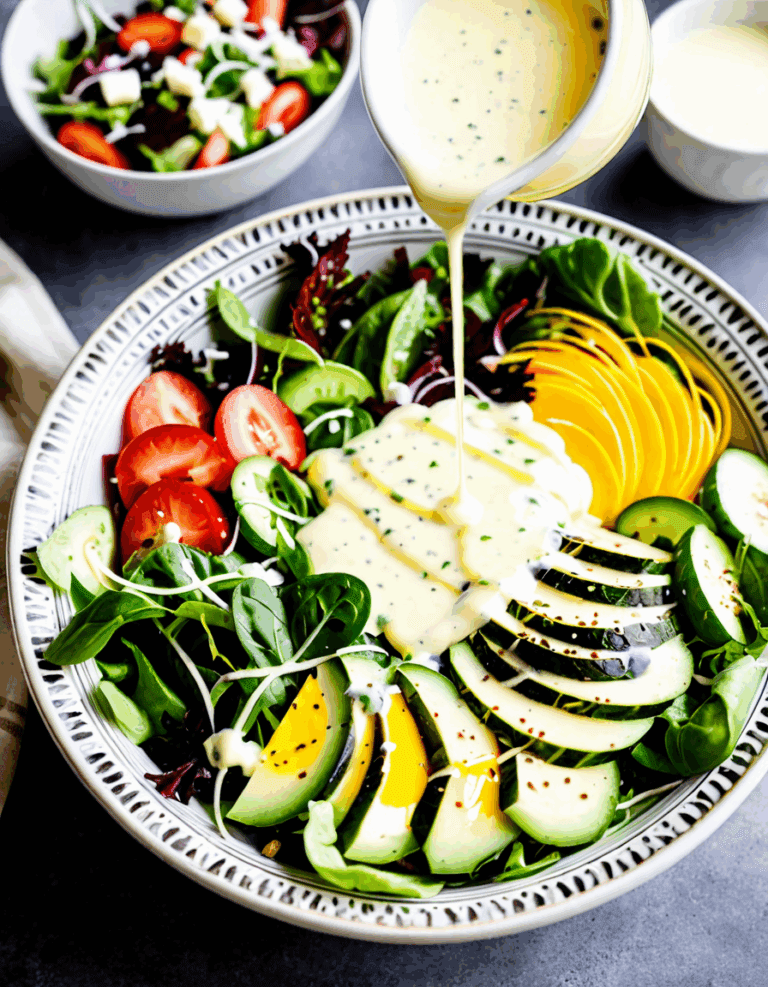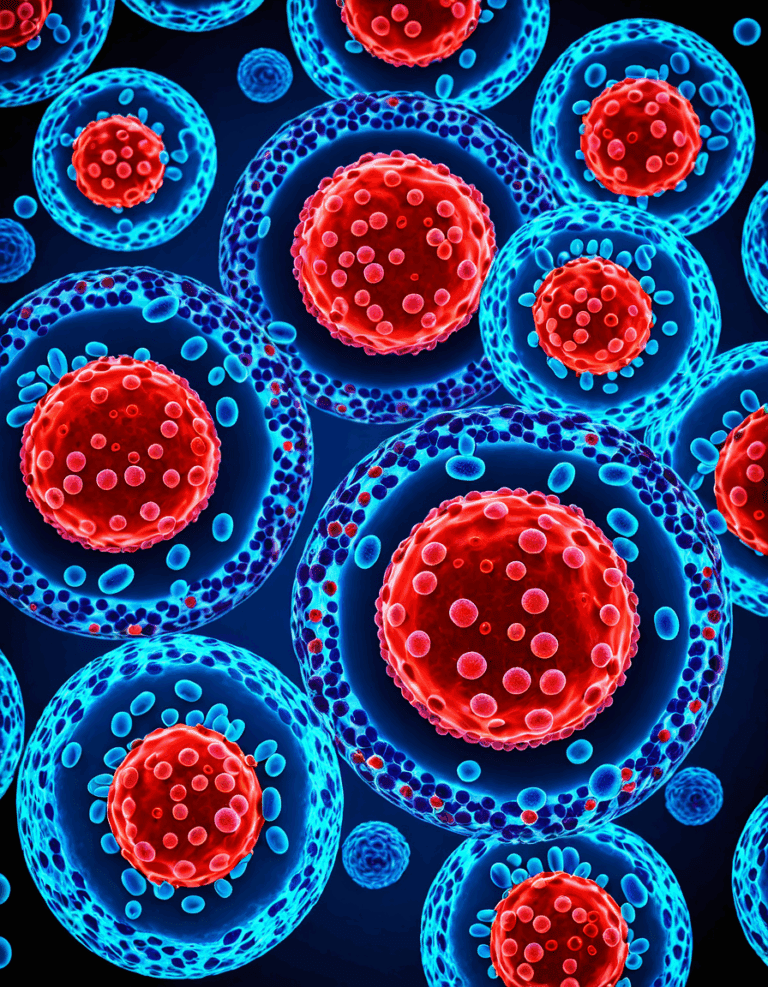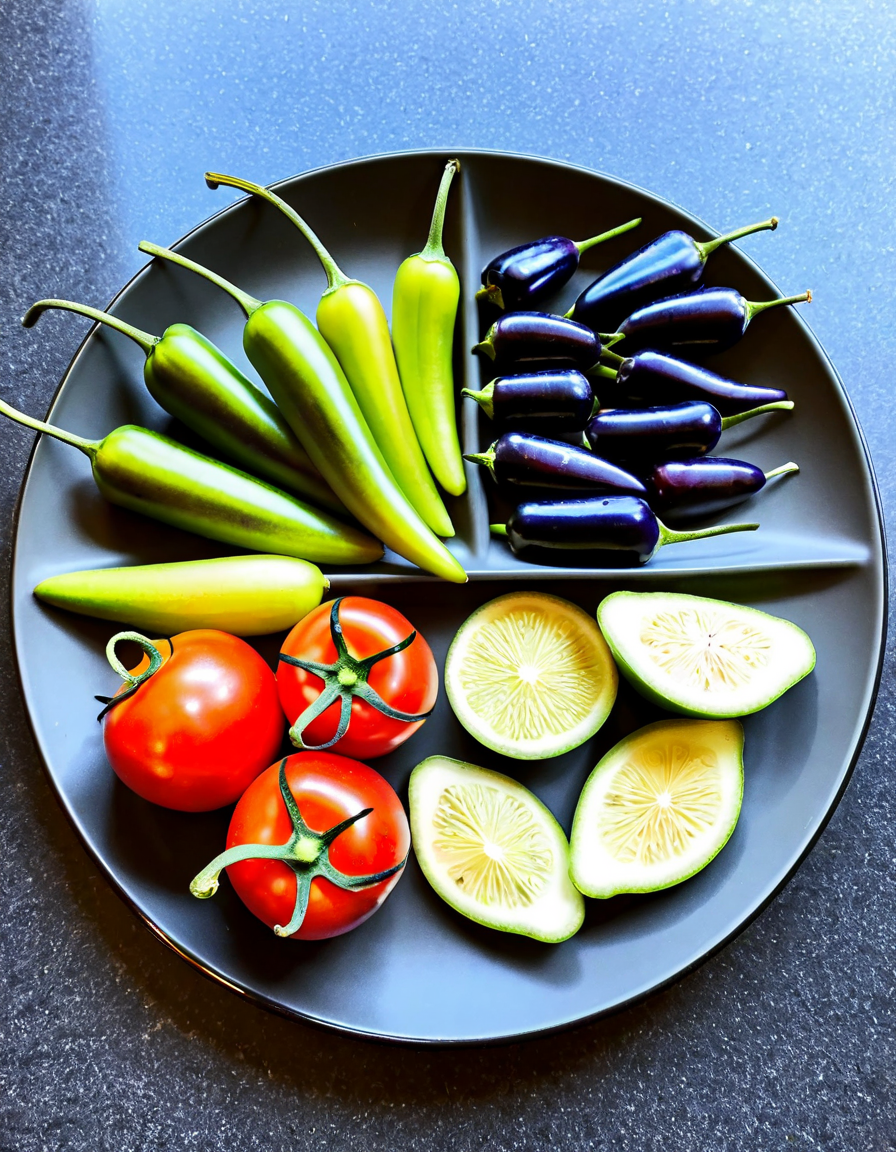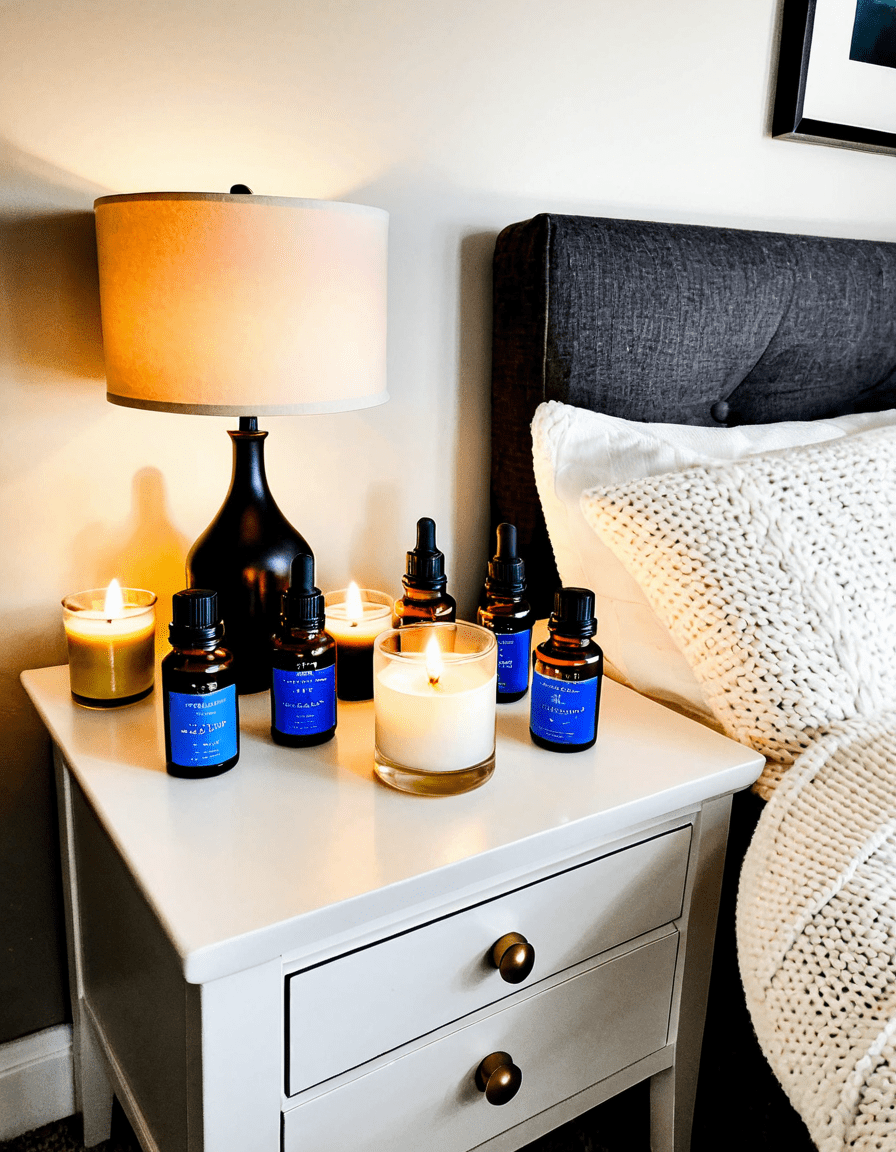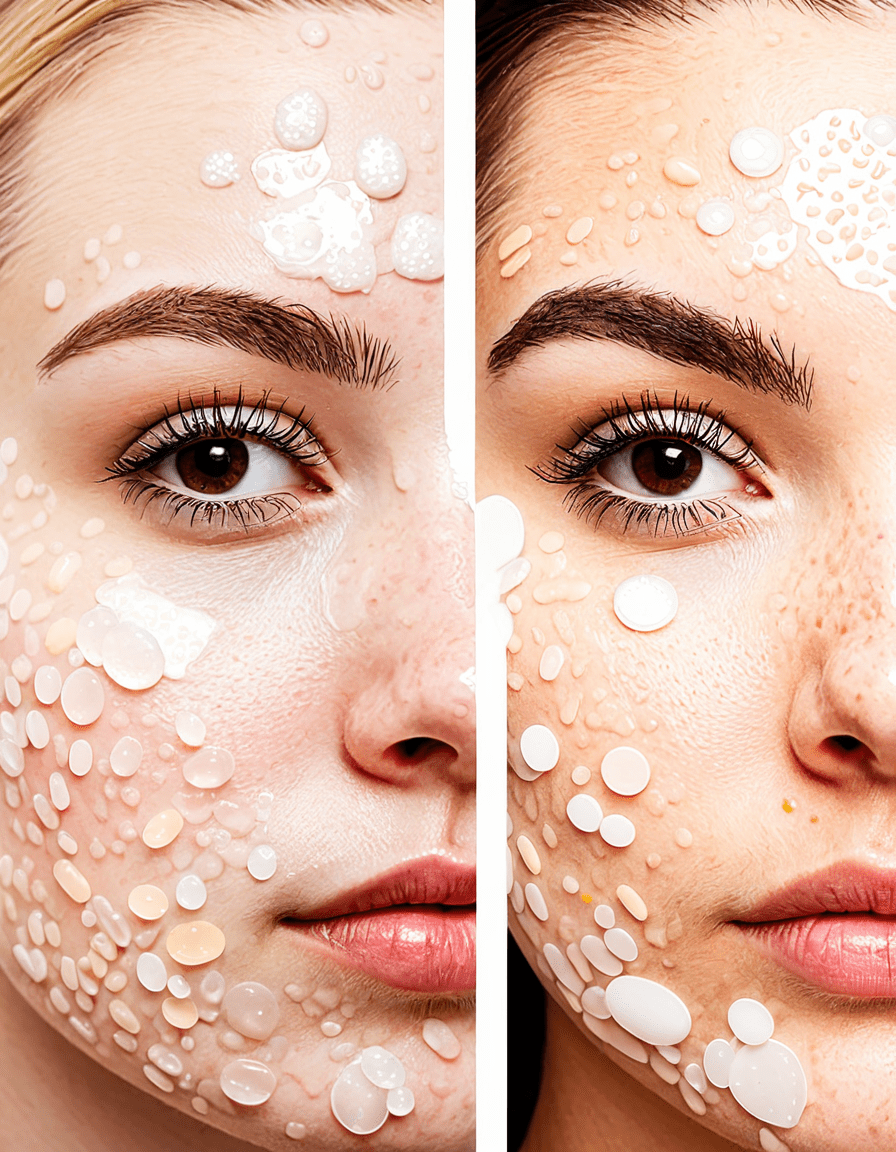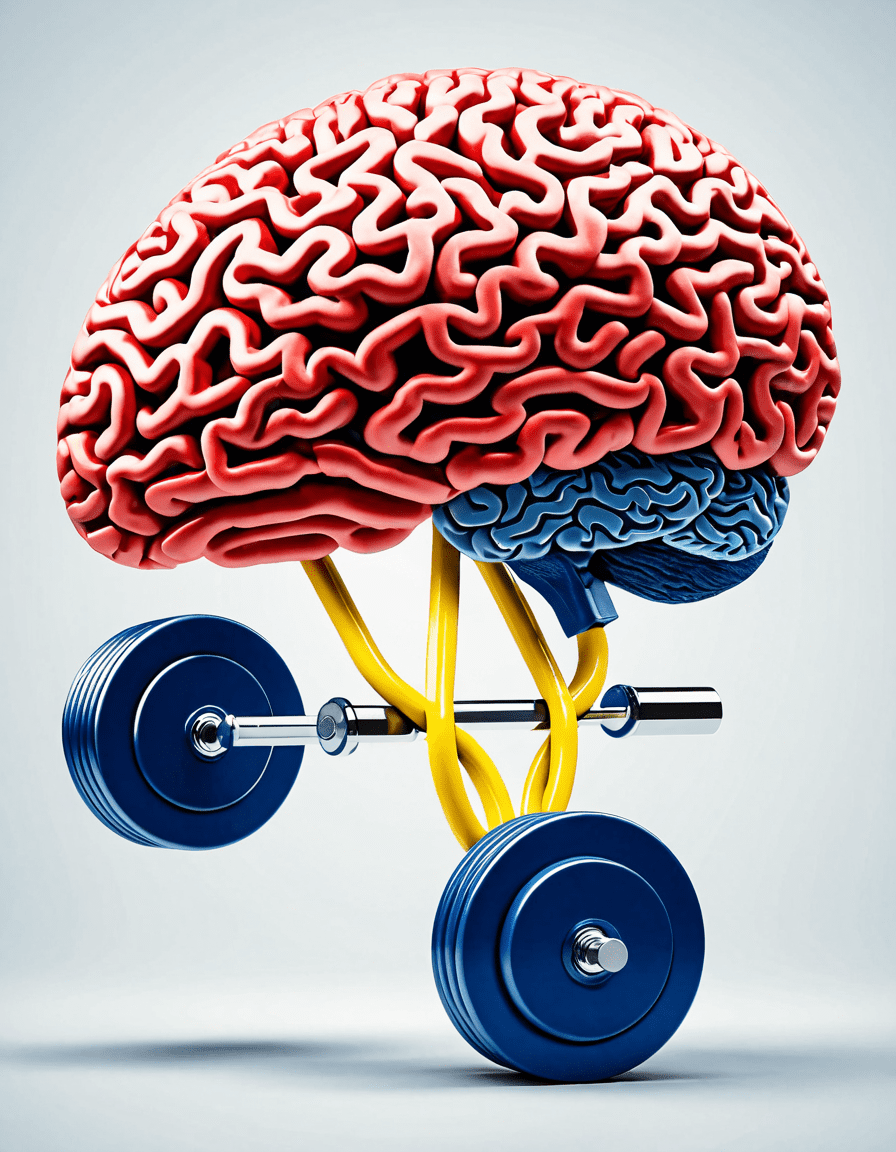When it comes to fuel for your body, there’s a lot of noise around nightshades. These are more than just a category of veggies; they’re a battleground for health enthusiasts everywhere. You might have heard some people singing their praises while others might warn you to steer clear. But what’s the truth? Are nightshades friends that help you pack on muscle, or foes that lead to health woes? Let’s dive into the nitty-gritty of nightshades: tomatoes, peppers, eggplants, and potatoes. Hold on to your dumbbells; we’re about to get into some serious health territory!
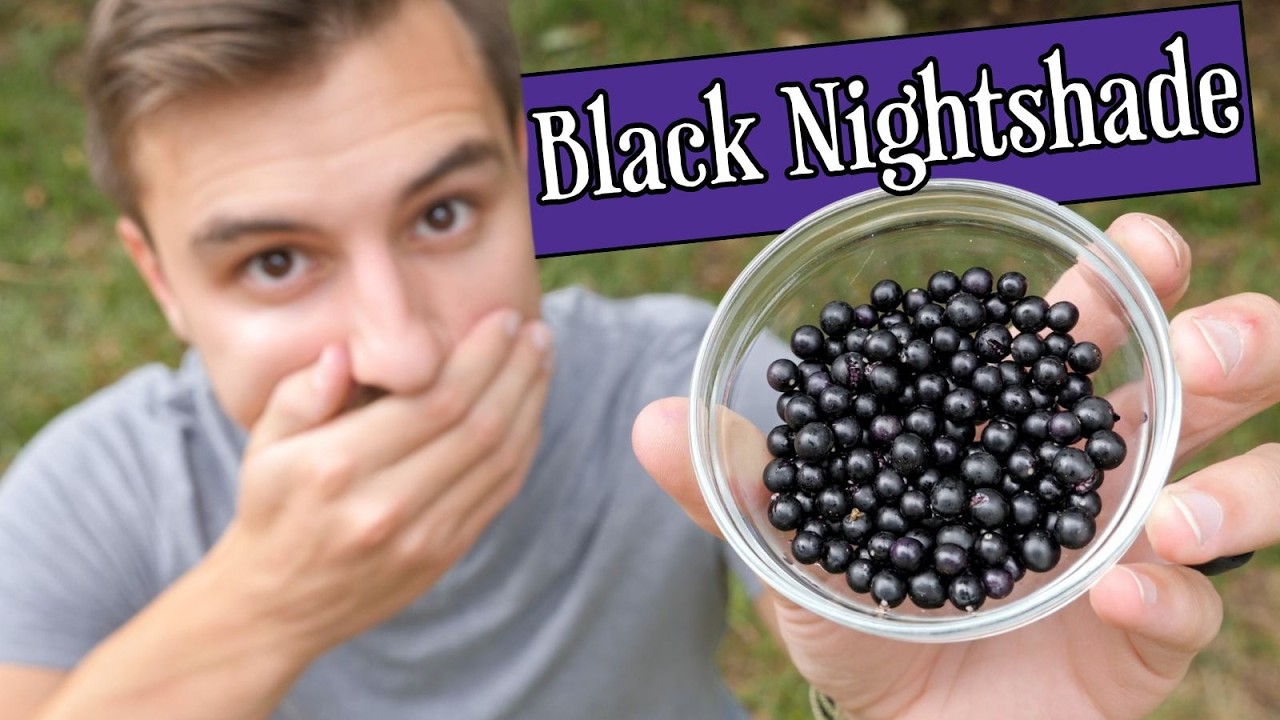
Top 5 Nightshades: Friend or Foe?
1. Tomatoes
Benefits: First up, the classic tomato! These little superstars are loaded with antioxidants, especially lycopene. Research links lycopene to reduced inflammation and a lower risk for prostate cancer. Brands like Hunt’s and San Marzano take this bright red beauty to the next level with their quality canned versions.
Concerns: That being said, tomatoes aren’t for everyone. Some folks experience digestive discomfort, especially if they have a sensitive belly due to their acidity. Even celebs like Gwyneth Paltrow have mentioned cutting tomatoes from their diets as part of their anti-inflammatory approach. It’s a mixed bag, folks!
2. Peppers (Chillies)
Benefits: Who doesn’t love a good kick from chillies? Peppers, particularly those spicy ones like habaneros and sauces like Sriracha, can rev up your metabolism thanks to a compound called capsaicin. Research suggests they may even help in burning fat, making them a staple for anyone looking to shed pounds or build muscle.
Concerns: If, however, you have issues like irritable bowel syndrome (IBS), spicy peppers can wreak havoc on your gut, leading to discomfort. Always listen to your body and be mindful of how chillies affect you!
3. Eggplants
Benefits: Eggplants are often regarded as a treasure in Mediterranean diets. Varieties like Japanese and Italian eggplants shine with fiber and antioxidants. Research shows they might even support heart health due to their rich phenolic content. That’s right, folks! Delicious and heart-healthy!
Concerns: On the flip side, eggplants contain a compound called solanine, which can upset those sensitive to alkaloids. Even stars like Helen Mirren have mentioned occasionally avoiding them for personal wellness. Always best to know what works for you!
4. Potatoes
Benefits: Ah, the beloved potato! When prepped the right way—think baked or boiled—they can be a fantastic source of potassium and vitamin C. Brands like Idahoan have even made it easy to get those nutrients in with their tasty instant mashed options.
Concerns: However, don’t let them fool you; potatoes have a high glycemic index. This can cause blood sugar spikes, making them tricky for those managing diabetes. Moderation is key here!
5. Goji Berries (A Surprising Twist)
Benefits: Lastly, we have goji berries, often paraded around as the ultimate superfood. With their high levels of amino acids and potential immune-boosting properties, they’re popping up in everything from smoothies to snack bars. Companies like Navitas Organics make it easier to include these in your diet.
Concerns: While not a traditional nightshade, their alkaloid content can be a concern similar to the rest. If you’ve got nightshade sensitivities, it might be wise to approach goji berries with caution.
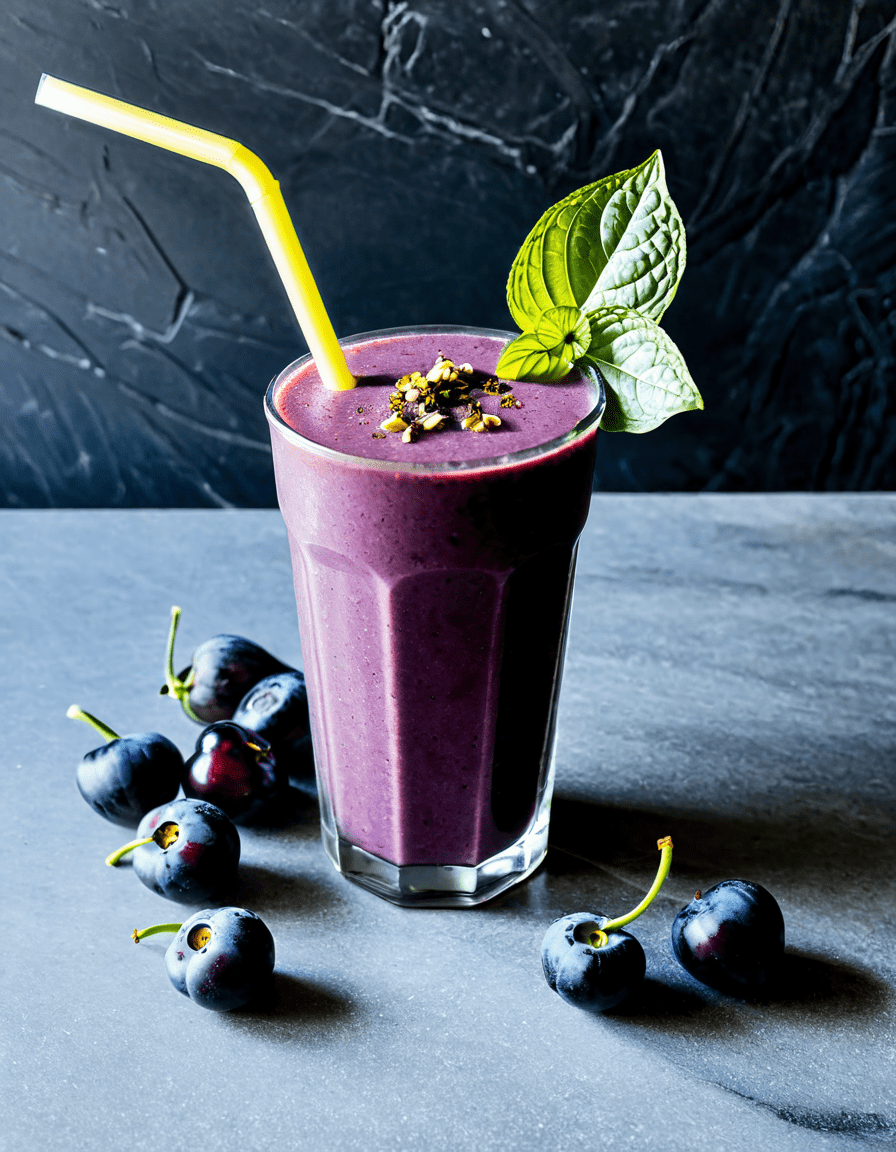
The Monkfruit Dilemma: Is It a Suitable Alternative?
Now, let’s switch gears to monkfruit. This natural sweetener is becoming a darling among those looking to replace refined sugars. So, is monkfruit a healthy choice, or should you be cautious?

Steel Magnolias: Nightshade Sensitivity Experts Speak
Let’s take a moment to highlight voices from wellness experts who echo the spirit of steel magnolias—strong yet sensitive individuals who weigh in on nightshades.

Balancing Act: Navigating Nightshade Decisions
The consensus about nightshades remains anything but simple. For some, they’re a key part of a tasty, varied diet. For others, nightshades require a cautious approach. Personalization is the name of the game when it comes to your health and fitness journey.
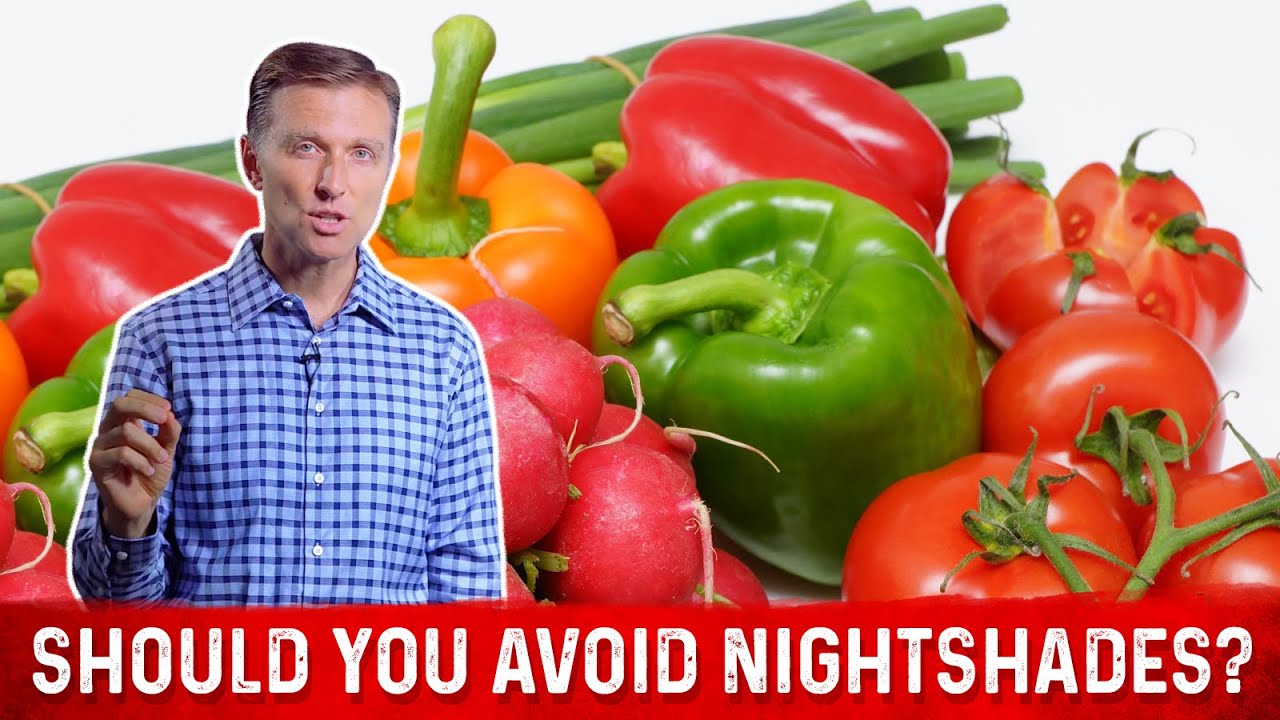
Seeking Balance and Wellness
Facing dietary choices can be overwhelming, especially with contradictory messages everywhere. However, understanding nightshades’ potential effects can empower you to make informed decisions. Engage in your health journey and adapt based on how your body responds. Whether you embrace nightshades, explore alternatives like monkfruit, or develop your unique health strategies, the goal is to cultivate a balanced lifestyle that maintains your ripped physique, just like you’ve always dreamed of!
In this quest for balance and wellness, remember: it’s all about moderation and variety. So, dig in, enjoy those veggies, and crush your fitness goals like the champs we know you are!
Nightshades: Are They Friend or Foe for Your Health?
The Curious Case of Nightshades
Did you know that nightshades are more than just a group of vegetables? This diverse category includes beloved staples like tomatoes, potatoes, and eggplant, which many people enjoy in their favorite dishes. While they are often frowned upon by health enthusiasts, these foods can have surprising benefits. For instance, nightshades are rich in vitamins and antioxidants, which can play a role in maintaining a healthy diet. But the jury’s still out on their impact for everyone, especially for those sensitive to them.
Interestingly, some athletes swear by their benefits, claiming that enjoying nightshades like peppers gives them an edge. On the flip side, others report feelings of discomfort, rather like the sensation of pins and needles after eating these foods. Just as some folks can thrive on mackerel fish, others lean towards lighter fare like halibut fish for their meals—it’s all about what works best for you!
The Myth and Facts Behind Nightshades
When you think of nightshades, do images of vibrant red tomatoes or creamy mashed potatoes come to mind? Well, these spuds carry a bit of controversy. Some fears surround their potential link to inflammation, especially among individuals with specific health issues. But research has shown that for most folks, nightshades don’t pose any significant warning signs. In fact, their health benefits can be quite helpful!
Moreover, it’s interesting to note that, like how fashion changes over time (think Los Angeles Dodgers jersey styles), the perception of nightshades has evolved. What was once considered a no-go zone in certain diets may just be misunderstood. As science clears the air, it turns out some people can enjoy nightshades just like cozy ugg slipper dupes keep you comfy on chilly nights.
Conclusion: Nightshades and Personal Choice
Ultimately, the conversation surrounding nightshades isn’t black and white. It’s crucial for anyone to listen to their body and pay attention. For some, it might be worth trying out alternatives, while others keep them on their plates. The key takeaway? Explore your food options in the same way you’d investigate the effectiveness of something like plan b effectiveness—with curiosity and a healthy dose of critical thinking. Just like actor Elliot Fletcher exploring diverse roles, the journey with food can lead to surprising discoveries!
